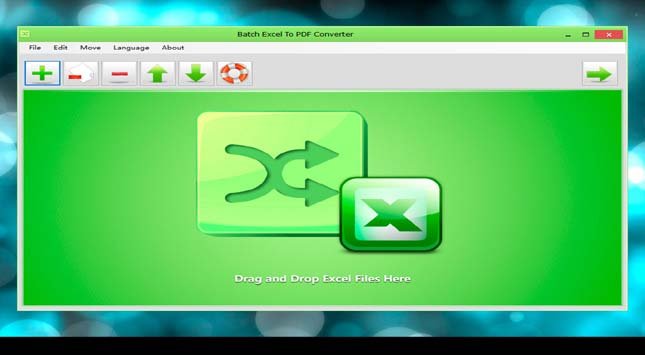Like every business, your company must be looking to reach most of the target audience for the offered product or service.
It is clearly understood that reaching a wider audience can increase revenue.
You want to develop a mobile app for your business to cater to all of the online customers. At the same time, you don’t want to spend a lot on developing a mobile app for each platform while your target audience exists on all of the leading mobile operating systems, including Android, iPhone, Microsoft, and Amazon devices. Also, creating separate apps for each platform is expensive and time-consuming.
This is where a cross-platform mobile app development approach is considered. Marketing for cross-platform mobile app development is also less time-consuming compared to marketing for separate native apps for each platform. Marketing for a single cross-platform app allows reaching the target audience faster regardless of the platform they use.
Keep reading further to know why you should use cross-platform mobile app development for your business mobile app.
1. Variety of Available Development Tools
The ongoing time can be referred to as the best time to develop cross-platform mobile apps. Today, we have many usable and functional technologies available to help developers create those mobile apps. Cross-platform app development tools include Ionic, PhoneGap, React Native Xamarin, etc.
All these tools have some pros and cons and are developed to fulfill a particular purpose and develop functionalities and features. Each of these tools is associated with certain programming skills.
The mobile app developer should select the tool depending on the app functionalities and their expertise and skills in that particular tool. The selection of the cross-platform app will take the development into a specific tech stack.
2. Simplified Process
Cross-platform mobile app development provides a simplified process. The developers can communicate and offer services to the users that are bespoke and simplified. These services also offer a strategic launching point for businesses that look for multiple mobile platforms but want to overcome budget or time constraints.
These tools enable companies to work on a time-bound, clearly conveyable, and iterative development approach to their clients. All that clients need is to ask for help, and the development firm can help them with both Android and iOS software development services.
3. Faster to App Store
Another reason to develop cross-platform mobile apps is that the above-mentioned development tools allow mobile app development companies to bring their product much faster into the app market. Tools including React Native and Ionic enable developers to work on a framework to develop customized apps in a lesser amount of time than writing specific code for individual apps.
Further to this, the updates to cross-platform apps apply faster in their corresponding app stores. The faster mechanism of these tools persuades investors and mobile app development companies to use these tools to develop cross-platform mobile apps.
4. Unified Look and Feel Across Multiple Platforms
Consistency in the digital experience has a lot of importance. For the same reason, we feel annoyed after switching our smartphone from one brand to another. Most users do not like the change that makes things complicated; therefore, they expect a consistent experience with brands across multiple platforms.
A company that provides mobile apps on multiple platforms must offer similar features across those platforms. Since users use or experience multiple devices even in a single day, switching from an Android tablet to an iPhone and iPad to an Android smartphone, it should be a seamless process for them to use the same app on different devices.
Cross-platform development frameworks enable businesses to create individual UI/UX for their apps according to the platform’s requirements. Apple and Android users have different UX requirements and expectations. Tweak your design a little to offer consistency in your mobile app designs across these platforms.
Most users demand consistency in their experience, and your business app is no exception to this rule. All aspects of your brand should be carefully trailed on your mobile app across multiple platforms to ensure that your target market goes through a consistent mobile app experience in features and functionalities.
Therefore, it is wise to provide consistency in all apps to provide a seamless experience across multiple platforms, including Google Play Store, App Store, Amazon, and Microsoft Store.
5. Reach a Wider Audience
According to Statista, Android is the leading mobile app store, with over 2.87 million apps in its store. The Apple App Store follows closely behind with 1.96 million apps in the App Store. At the same time, Microsoft joins the path with 700K apps in its mobile app Store.
These are the major mobile app reservoirs across the globe. This means that all of these mobile app markets have their audience, and the market and the importance of each of these stores cannot be neglected.
Developing a cross-platform app for your business can help you reach a significant target audience. The marketing engine of these stores is always ready to bring your product in front of potential users. However, the key is always to provide significant value in your product to the customers.
Final Thoughts
Launching a mobile app across different platforms is a challenging task for any company. It takes courage, effort, capital, and risk to develop a mobile map across multiple platforms.
On the other hand, developing a cross-platform mobile app using the available tools can optimize your mobile app strategy for a wider audience.
Tools like React Native, Xamarin, Ionic, and Adobe PhoneGap enable mobile app developers to develop a mobile app for multiple platforms in a relatively short time.






